Steel pins serve various functions and are frequently used in the furniture, upholstery, and clothing/fashion sectors. A steel pin’s body might be uniformly cylindrical or tapered at one end. Steel pins can be found in a different range of sizes and strengths. The steel pins’ heads, which can vary in size from a fraction of an inch to several inches, as well as their length, can all be customized for specific uses. It is crucial to consider these elements to ensure a steel pin has the mechanical functionality and strength required for an intended application. Read More…
At Chicago Nut & Bolt, we specialize in manufacturing high-quality cold headed parts tailored to meet the most demanding industrial specifications. With decades of experience in fastener production, we have built a reputation for delivering precision-engineered components that perform reliably in critical applications.

Global manufacturer Stalcop specializes in the manufacturing of cold headed parts. Stalcop can meet your needs with specialty solutions, combining processes with secondary operations such as CNC machining and assembly. With over 100 years combined experience, count Stalcop for quality and lower prices! Stalcop serves its customers by offering products and services that are consistent and timely.

At Precision Metal Components, we specialize in manufacturing high-performance cold headed parts that deliver superior strength, precision, and reliability across demanding industries. Through advanced cold heading technology, we shape metal with exacting accuracy while minimizing material waste and improving structural integrity.

Here at NSK Industries, Inc. we are a turnkey manufacturing which means we will supply your cold forming needs with a short amount of lead time. Our company manages four facilities and we strive to be an unsurpassed supplier. We have the background and production lines that can get your projects done regardless of complexity. We are eager to adhere to your specifications. Please visit our website ...

More Steel Pin Manufacturers
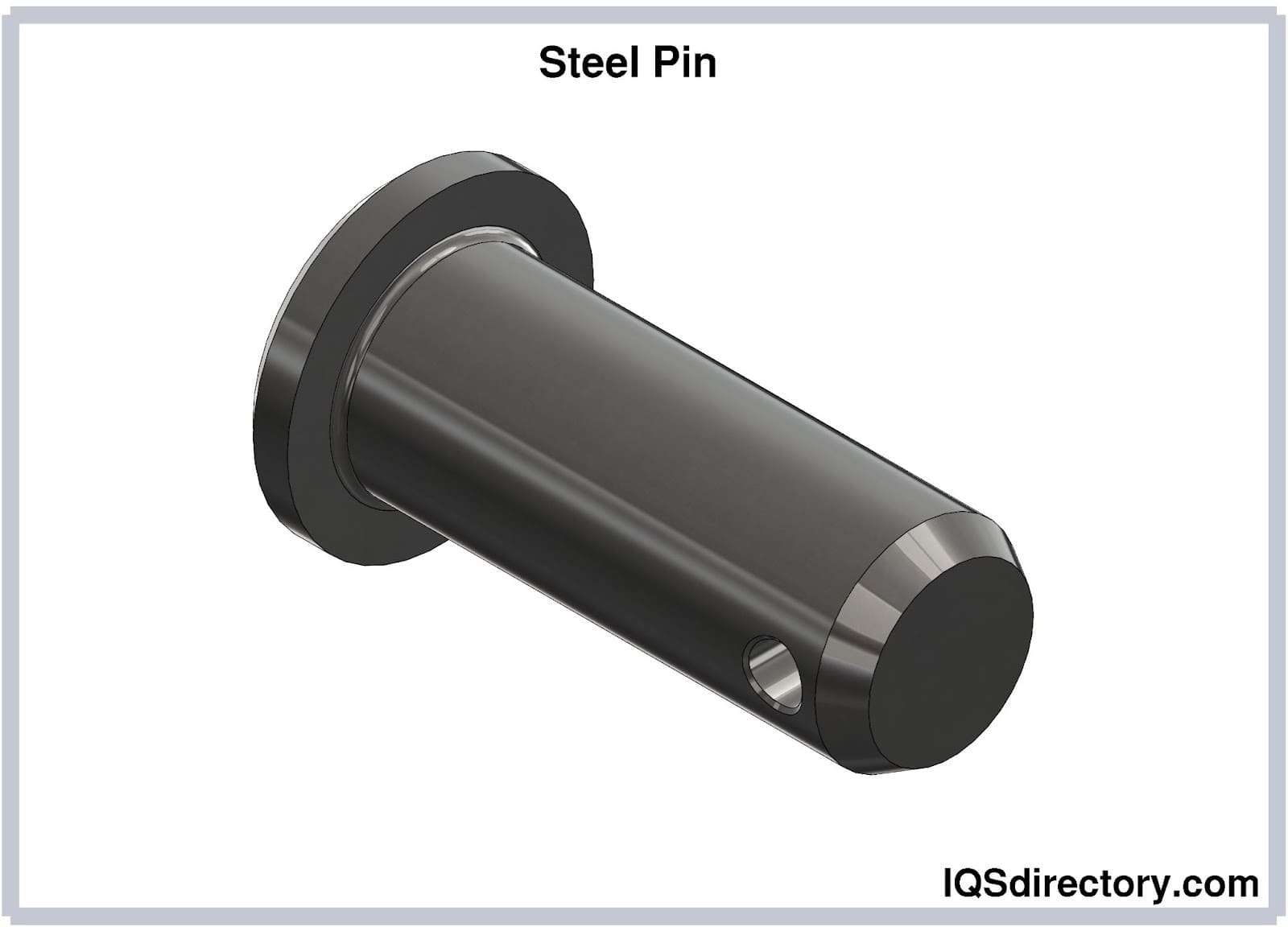
Steel Pins: Types, Applications, Manufacturing, and Supplier Selection Guide
Steel pins are essential mechanical fasteners and components used across diverse industries for their strength, durability, and reliability. Wire composed of carbon steel or stainless steel is run through a punch and die to create steel pins. These simple metal pieces can be made using the cold heading (or cold forming) technique, which does not require heat to change a metal's shape. In contrast to conventional metalworking methods, cold forming transforms a metal blank into a desired shape or product by applying high pressure and force, resulting in consistent quality and cost-effective production.
This force must be greater than the steel material’s elastic limit to deform it. Cold heading is an affordable option for making these simple parts since it effectively utilizes the raw material and there is little waste and very little scrap created through this process. As a result, cold headed steel pins are a preferred solution for high-volume manufacturing, precision engineering, and custom fastening needs.
What Are Steel Pins? Understanding the Basics
Steel pins are cylindrical or shaped metal fasteners designed to secure, align, or locate mechanical components within assemblies. They are valued for their ability to withstand high shear and tensile forces, making them ideal for applications requiring structural reliability and longevity. Depending on the grade and composition, steel pins may be manufactured from carbon steel, alloy steel, or stainless steel to offer specific mechanical properties such as corrosion resistance, hardness, or flexibility.
Wondering how to choose the right steel pin for your application? Explore the different types, key specifications, and performance factors below to make an informed purchasing decision.
Common Types of Steel Pins and Their Applications
-
Dowel pins are a popular variety of steel pin featuring a cylindrical form. Additionally, dowel pins frequently have grooved or chamfered ends to facilitate insertion. Metal dowel pins are used for precisely placing mechanical components, providing accurate alignment of machine parts, jigs, and fixtures. Their high precision makes them indispensable in manufacturing, aerospace, and automotive assembly lines.
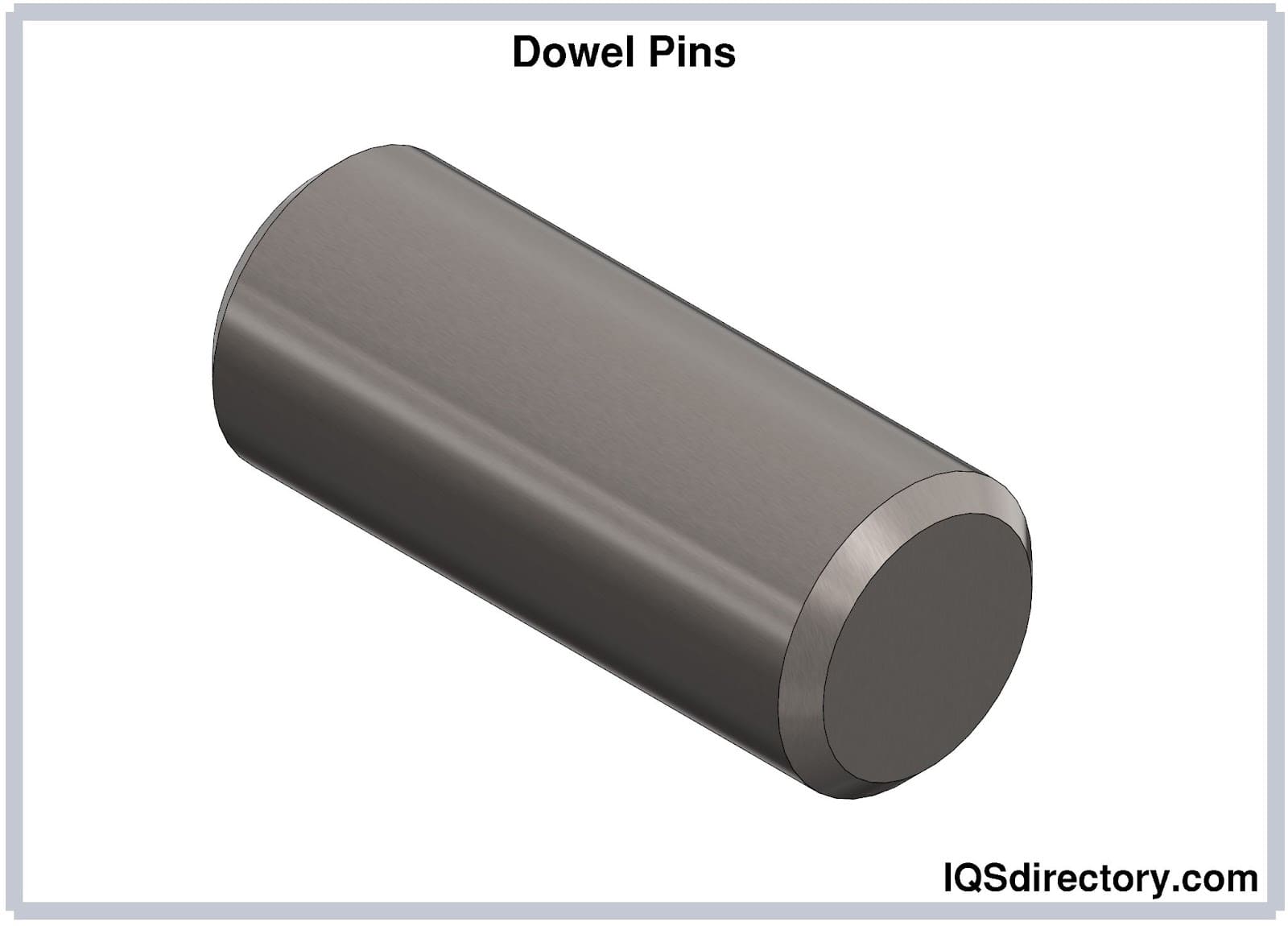
- Slotted pins are made from material that has been partially rolled into a cylinder and has chamfers on both ends. The chamfer allows the pin to be driven into a hole less than its relaxed diameter (the diameter of an object that may be fitted into the hole of another object without causing stretching of that hole). Slotted pins can contract to fit into a hole thanks to the cylinder's gap. The pin is then held firmly in a hole by its flexible nature. These are often called spring pins or roll pins and are widely used in machinery, automotive, and industrial equipment for securing components subject to vibration or movement.
- Coiled pins, also known as spiral roll pins, coil the sheet material around itself more than once. As a result, a coiled pin is more durable and can absorb more dynamic loads than a slotted pin. Slotted and coiled pins are referred to as "spring” or “roll pins" in this context. Coiled spring pins are commonly used in automotive assemblies, electrical connectors, and commercial equipment where flexibility and shock absorption are required.
- Grooved pins are solid pins, usually made of steel, with three grooves swaged (a process used to reduce metal in order to reduce its cross section) along some or all of its length. This design results in a stronger and more elastic pin than a solid dowel pin. Grooved pins are frequently found in small engines, power tools, and light machinery as locking or positioning elements.
- Split pins are pins that have been bent in half to feature a half-circular profile so both ends can fit through the same hole. To prevent removal of the pin, one end is bent outward and the other end is extended. Split pins are used as locking devices in conjunction with nuts and bolts, especially in automotive and heavy equipment applications.
- Cotter pins feature a U-shape at the top and two extended sides. They work to prevent bolts from slipping out of place. They only work with bolts that have pre-drilled holes near their tops. The pin slides into the hole and the ends are then pulled apart to a point where the pin can no longer slide out of the hole. The phrase "cotter pin" may also be described as a split pin, R-clip, or circular cotter in some places. Cotter pins are essential for securing castle nuts and clevis pins in mechanical, agricultural, and transportation equipment.
- Clevis pins are used to fasten and secure goods to trailers, pickup trucks, and construction equipment. Clevis pins can be used to attach weights to an airplane as well. Their versatility and simple installation make them a popular choice in agricultural, marine, and construction applications.
- Screw pins also feature a U-shape. One end of this screw features a hole where a screw-type fastener fits through. The other end subsequently features a grooved opening for the screw to securely fit into. Screw pins are often found in shackles and rigging hardware for lifting, towing, and load-securing operations.
- Recessed pins, also known as grooved pins, are solid press-fit fasteners. Recessed pins feature grooved edges on both sides of a shaft. One end fits into grooved openings, much like a screw. The other end allows for a nut to be secured along its grooves. Recessed pins are frequently employed as locking mechanisms, pivots, levers, or locating elements, especially in machinery and instrument assemblies.
- Hitch pins, also known as trailer pins, can have a permanent PVC-coated handle or a swivel handle. This pin is fastened by placing a bridge pin or lynchpin into the hole directly across from the handle. Hitch pins are widely used to secure trailer couplers and various gardening and agricultural tools. Their robust construction ensures safe and quick connections in towing and farming equipment.

Other types of steel pins include:
- Headed Pins: Used in applications requiring a defined stop or retention point, such as hinges or rotating assemblies.
- Hinge Pins: Commonly found in door hardware, machinery hinges, and articulated joints.
- Weld Pins: Designed for secure attachment to metal surfaces by welding, typically in insulation installation or sheet metal fabrication.
- Fetter Pins: Specialized for certain locking or connecting applications in mechanical and agricultural equipment.
Industry Applications for Steel Pins
Steel pins are utilized across a vast array of industries, each demanding unique performance characteristics and specifications. Key sectors that rely on steel pins include:
- Automotive and Transportation: Fastening, alignment, and assembly of components such as transmissions, chassis, and body parts.
- Aerospace: Precision-aligned fasteners for airframes, landing gear, control systems, and engines.
- Machinery Manufacturing: Assembly and positioning of gears, shafts, and bearings in industrial machines.
- Electronics: Miniature pins for circuit board mounting, connectors, and electronic housings.
- Medical Devices: Surgical instruments, orthopedic implants, and laboratory equipment.
- Construction and Infrastructure: Fastening and alignment in steel structures, bridges, and heavy equipment.
- Agricultural Equipment: Couplings, attachments, and pivots in tractors, harvesters, and implements.
- Marine and Shipbuilding: Corrosion-resistant pins for rigging, hull fixtures, and deck hardware.
- Railroad and Mining: Heavy-duty pins for tracks, couplers, and mining machines.
- Consumer Products: Hinges, locks, and fasteners in furniture, appliances, and sporting goods.
Are you searching for steel pins for a specific application? Contact a steel pin manufacturer to discuss your industry requirements, or browse our list of suppliers for tailored solutions.
Benefits of Steel Pins: Why Choose Steel Fasteners?
- Wide Range of Sizes: Steel pins are available in a variety of diameters (from 2.5mm to 19mm) and lengths, enabling compatibility with numerous assembly requirements.
- High Output & Efficiency: Steel pins allow for a rapid rate of output for many manufacturing applications, supporting lean production and just-in-time assembly.
- Superior Mechanical Properties: Steel pins feature enhanced physical characteristics over other fasteners, such as high tensile strength, resistance to shear forces, and excellent fatigue performance.
- Material Efficiency & Low Waste: Steel pins are produced with less material waste than other fastening mechanisms, thanks to the cold forming process that maximizes raw material utilization.
- Customization: Steel pins can be custom-created for specific industrial applications, including special coatings, materials, or geometries to meet unique engineering demands.
- Precision Tolerances: Steel pins feature extremely close tolerances for better fastening, alignment, and repeatable assembly, which is critical in automated and robotic manufacturing environments.
- Corrosion Resistance: Available in stainless steel and with various surface treatments (zinc plating, phosphate, passivation), steel pins can withstand harsh environments, including marine, chemical, and outdoor exposure.
- Cost-Effectiveness: The cold heading process and high-volume production capabilities make steel pins a cost-effective choice for OEMs, contract manufacturers, and repair operations.
Looking for cost savings or improved performance in your assembly? Request a quote for custom steel pins or consult our experts for material selection advice.
Key Factors When Sourcing Steel Pins
Selecting the right steel pin or fastener involves evaluating several important criteria, including:
- Material Grade: Choosing between carbon steel, alloy steel, or stainless steel based on strength, corrosion resistance, and application environment.
- Pin Type & Geometry: Matching the pin’s design (dowel, spring, cotter, clevis, etc.) with its intended function—whether that’s alignment, load-bearing, or locking.
- Dimensional Specifications: Ensuring correct diameter, length, and tolerance for a secure fit and reliable performance.
- Surface Finish: Options include plain, zinc plated, black oxide, phosphate, and more, providing desired appearance and protection.
- Load Capacity: Determining the shear, tensile, and fatigue loads the pin must withstand in service.
- Compliance Standards: Meeting industry or regulatory standards such as ISO, DIN, ASTM, or ASME.
- Packaging & Delivery: Bulk, kitted, or custom packaging to support manufacturing workflows and inventory systems.
Not sure which steel pin is right for your project? Ask: “What type of steel pin is best for my application?” Use our expert consultation service to get personalized recommendations based on your technical requirements.
Manufacturing Processes: Cold Heading, Machining, and Beyond
The vast majority of steel pins are produced using the cold heading or cold forming process. Here’s how it works:
- Wire Preparation: High-quality steel wire is straightened and cut to the required length for pin production.
- Cold Heading/Forming: The wire blank is inserted into a die and subjected to immense pressure, shaping it into the desired pin geometry without heat. This process enhances strength and grain structure.
- Secondary Operations: Depending on the pin type, operations such as grooving, threading, coiling, or slotting are performed.
- Finishing: Pins are cleaned, deburred, and coated or plated for enhanced corrosion resistance.
- Quality Control: Each batch undergoes inspection for dimensional accuracy, surface finish, and mechanical properties.
While cold heading is ideal for high-volume production, other processes such as CNC machining, centerless grinding, and laser cutting may be used for custom, low-volume, or specialty pins. This flexibility enables manufacturers to meet diverse design and performance requirements.
How to Choose the Correct Steel Pins Manufacturer
To make sure you have the most positive outcome when purchasing Steel Pins from a Steel Pins Company, it is important to compare at least 4 or 5 Suppliers using our list of Steel Pins manufacturers. Each Steel Pins Manufacturer has a business profile page that highlights their areas of experience and capabilities and a contact form to directly communicate with the manufacturer for more information or request a quote. Review each Steel Pins business website using our proprietary website previewer to get an idea of what each company specializes in, and then use our simple RFQ form to contact multiple Steel Pins businesses with the same message.
Tips for Evaluating Steel Pin Suppliers
- Certifications: Look for ISO 9001, AS9100, or IATF 16949 certification for quality assurance.
- Manufacturing Capabilities: Ensure your supplier offers the full range of pin types, sizes, materials, and secondary operations you require.
- Customization Options: Select a manufacturer with experience in custom pins, special alloys, or unique finishes for your application.
- Lead Times & Delivery: Ask about standard production lead times, expedited services, and shipping options.
- Technical Support: Choose a supplier who provides engineering guidance and post-sales support.
- Reputation & References: Review customer testimonials, case studies, and sample parts to assess quality and reliability.
Ready to start your sourcing process? Compare steel pin manufacturers now, or request a quote for your specific project to receive competitive pricing and expert assistance.
Frequently Asked Questions About Steel Pins
- What is the difference between a dowel pin and a spring pin? Dowel pins are solid, precision-ground fasteners for accurate alignment, while spring pins (such as coiled or slotted pins) are flexible and absorb shock or vibration.
- Which material should I choose for corrosion resistance? Stainless steel pins or pins with zinc plating/coatings offer excellent corrosion resistance for harsh or outdoor environments.
- Can I order custom steel pins in small quantities? Many manufacturers offer prototyping and small-batch production for custom pins—contact suppliers directly for minimum order quantities and lead times.
- Are steel pins suitable for high-temperature applications? Specialty alloy steel pins and certain stainless grades are designed for elevated temperatures—request material data sheets to verify performance.
- How are steel pins packaged for shipping? Options include bulk cartons, kitted packs, or custom packaging to suit your assembly line or inventory system.
Still have questions? Contact our technical team for detailed guidance, datasheets, and samples.
Explore Related Fasteners and Components
For more information or to request a quote for steel pins, contact our team today. Our experts are ready to assist with material selection, custom engineering, and fast turnaround on your next order.
Get a Quote or Technical Consultation
Whether you need off-the-shelf steel pins or a custom-designed fastener for your assembly, our network of leading manufacturers is here to help. Request a quote or contact us for technical support, sampling, and application engineering. Find the perfect steel pin solution for your industry, and experience the difference that quality, precision, and service can make.





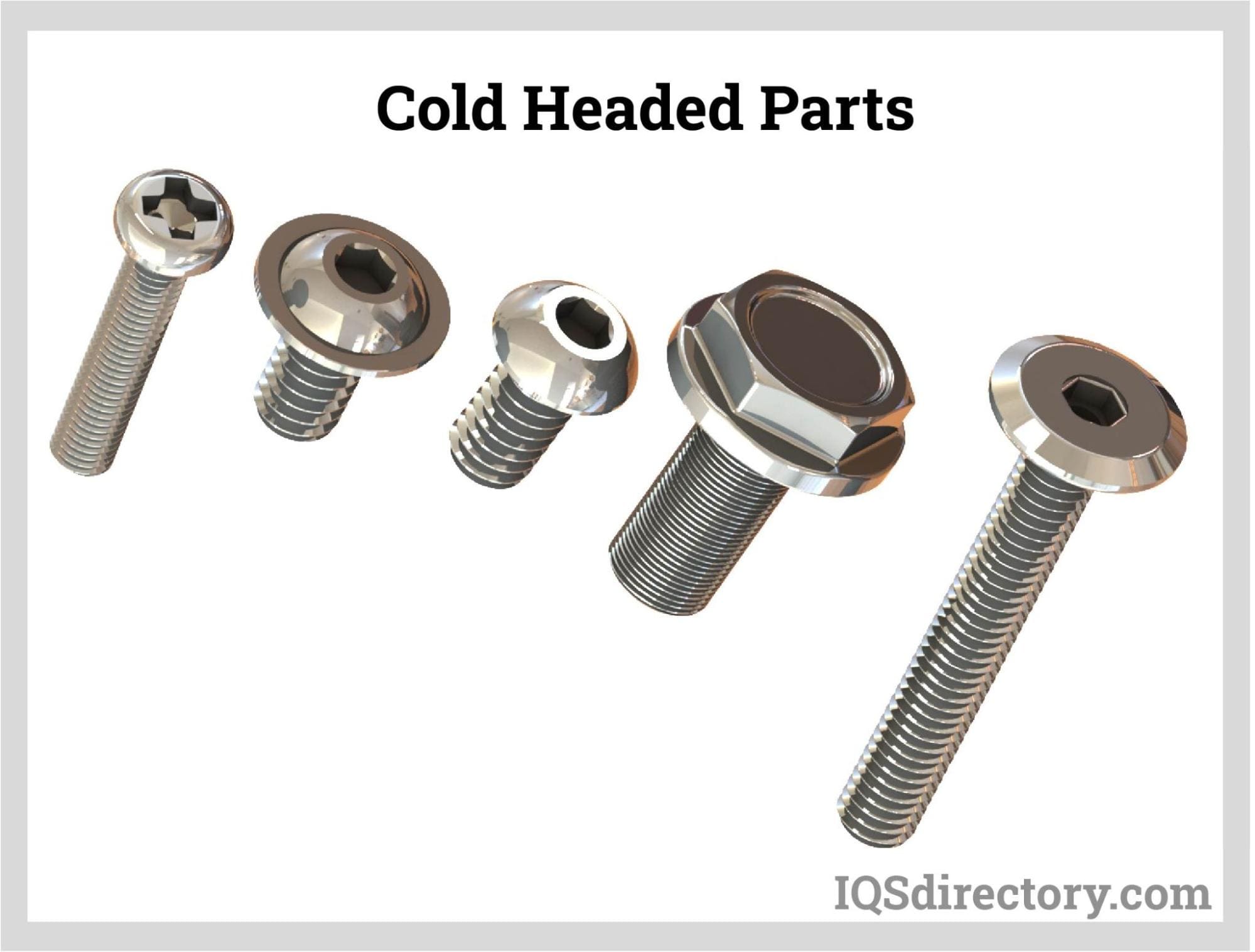
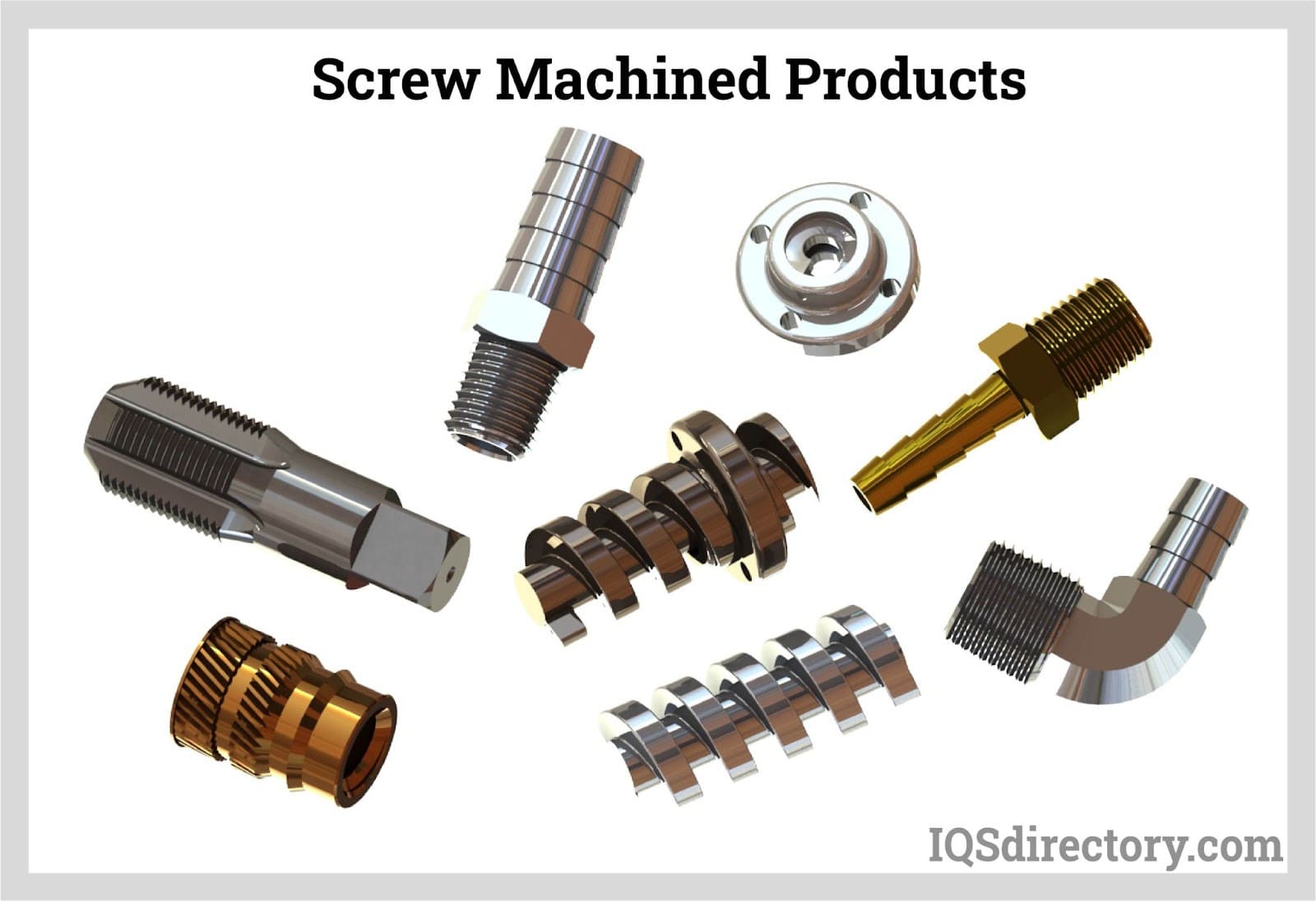
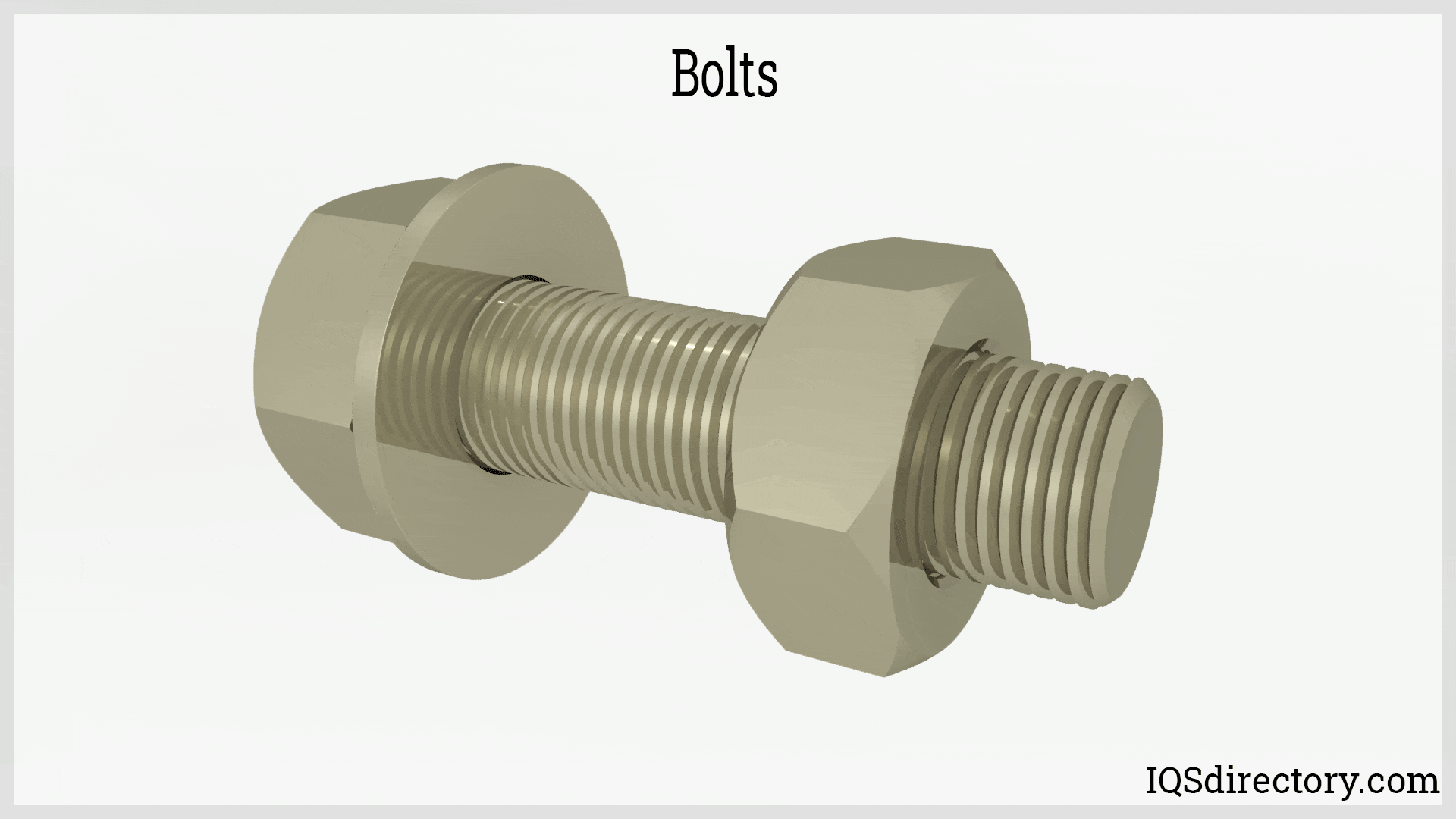
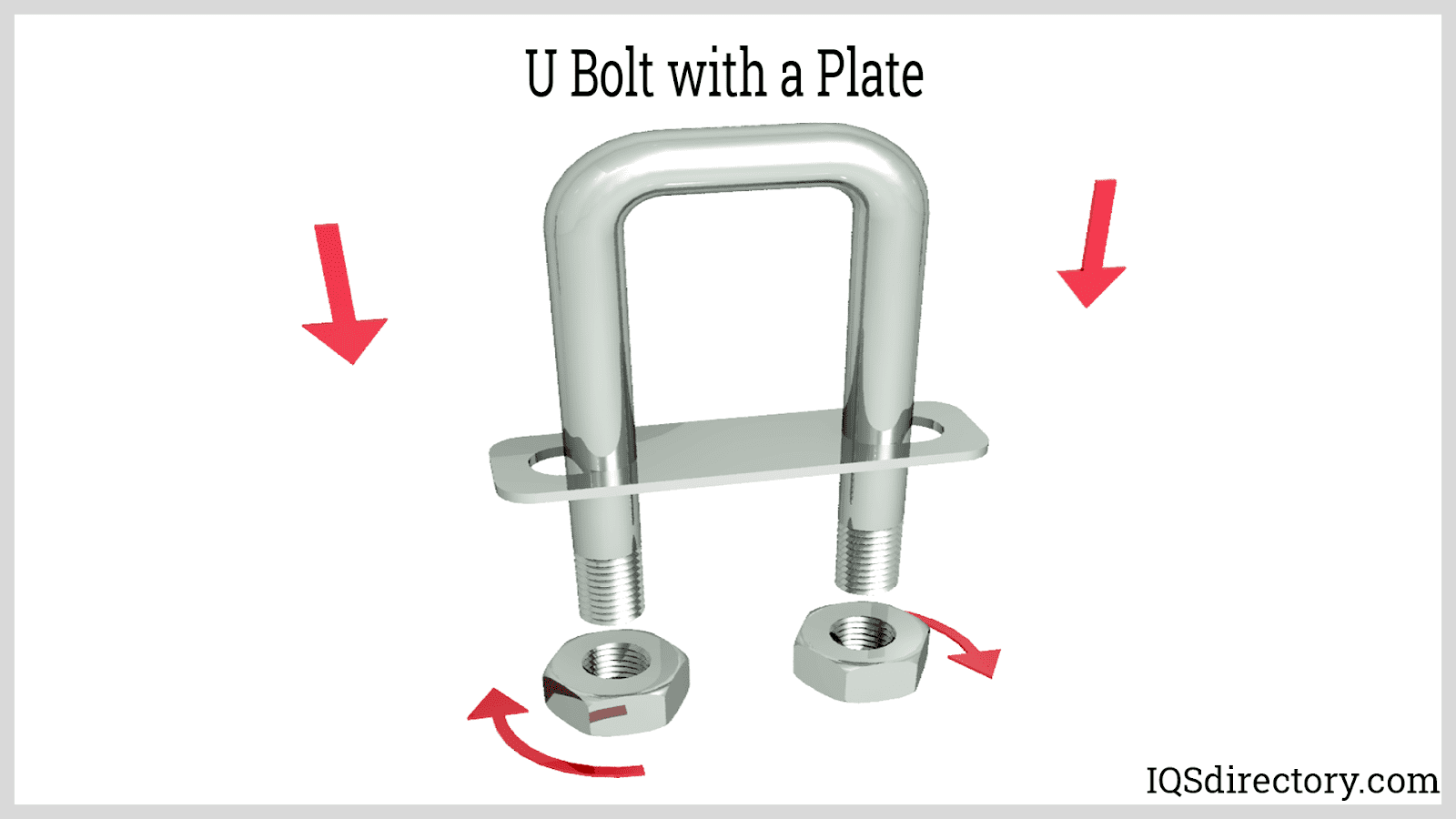
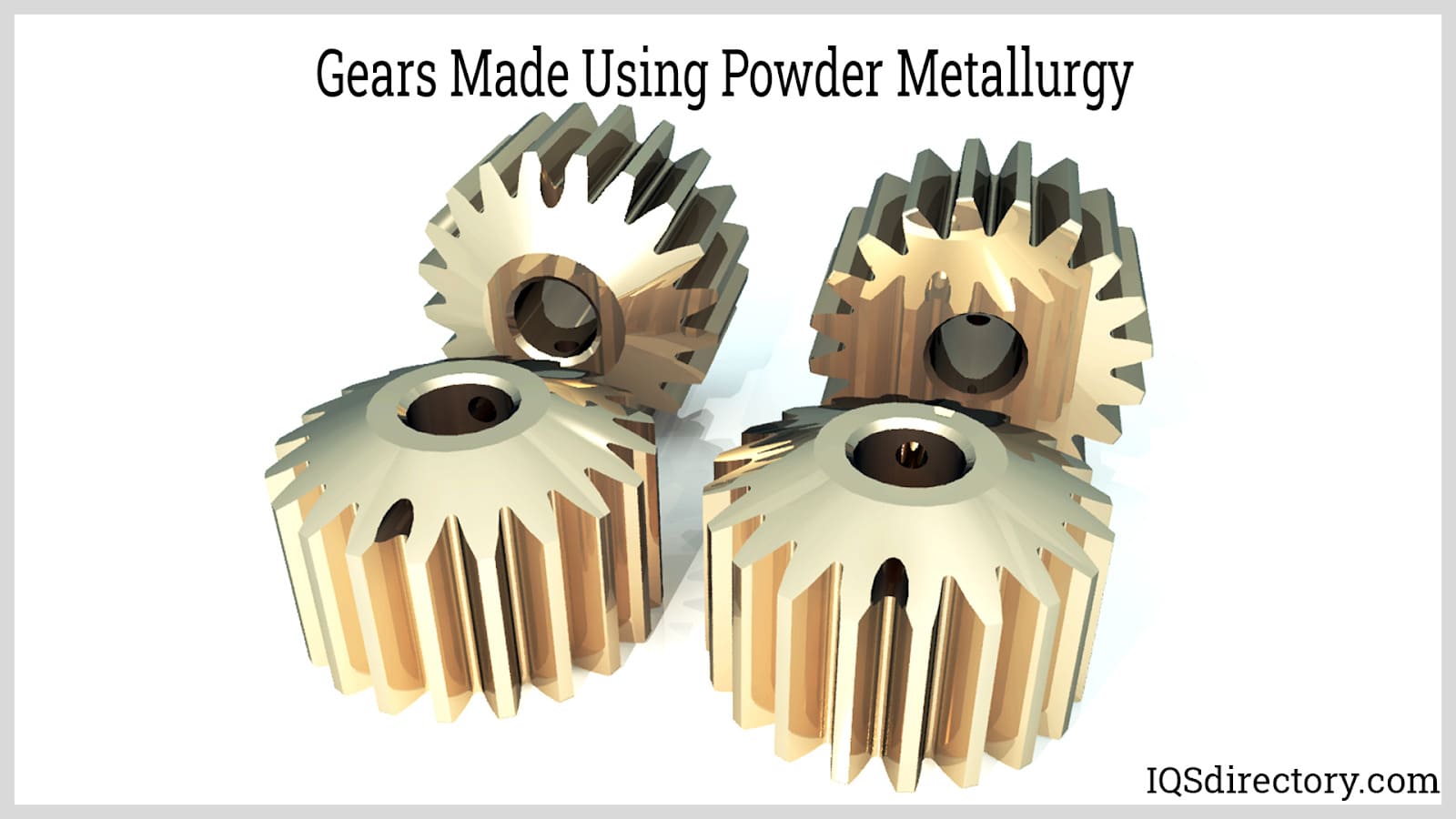
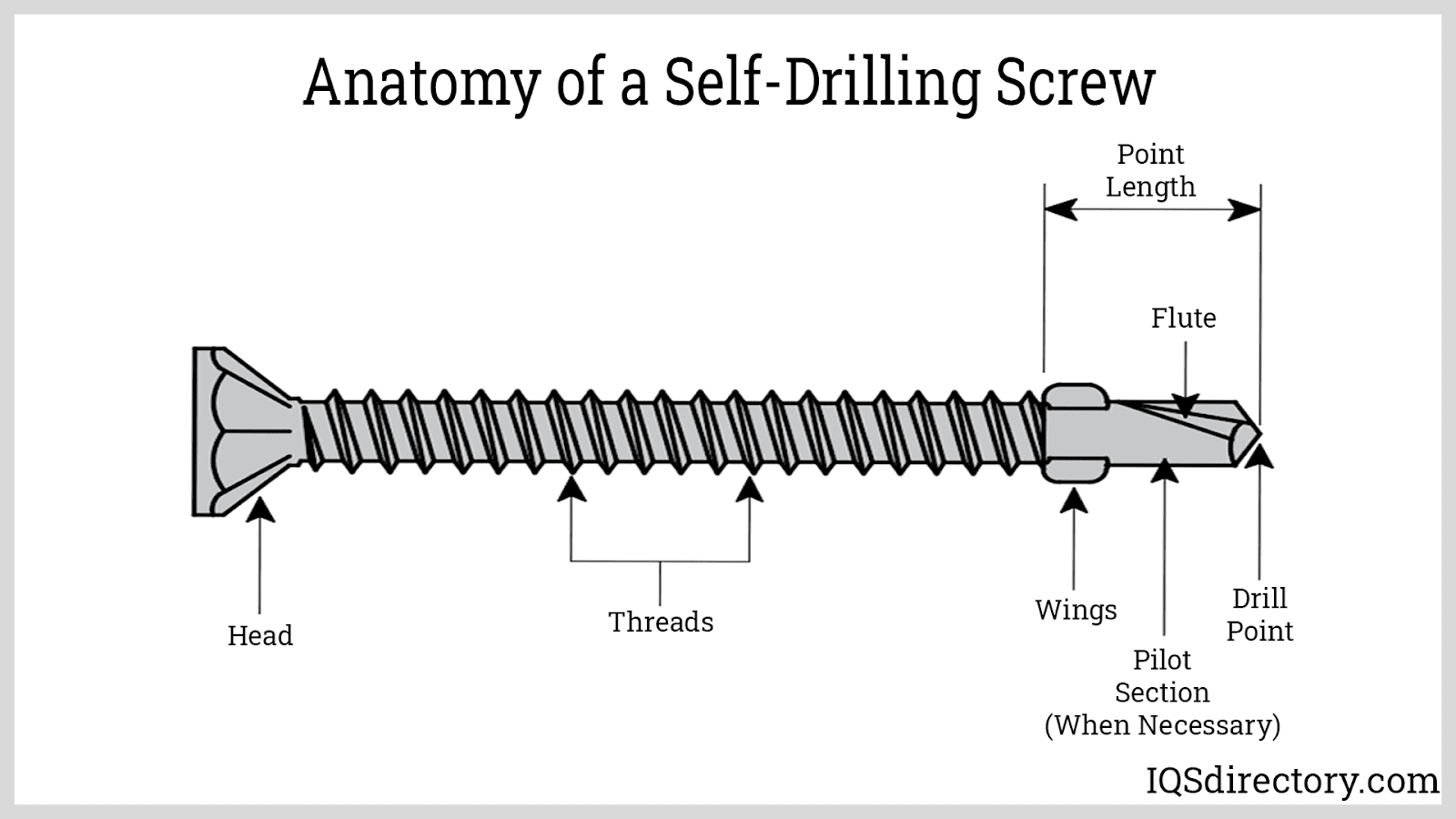
 Cold Headed Parts
Cold Headed Parts Expanded Metals
Expanded Metals Metal Spinning
Metal Spinning Powdered Metal Parts
Powdered Metal Parts Roll Forming
Roll Forming Springs
Springs Wire Forms
Wire Forms Wire Mesh
Wire Mesh Castings & Forgings
Castings & Forgings Bulk Material Handling
Bulk Material Handling Electrical & Electronic Components
Electrical & Electronic Components Flow Instrumentation
Flow Instrumentation Hardware
Hardware Material Handling Equipment
Material Handling Equipment Metal Cutting Services
Metal Cutting Services Metal Forming Services
Metal Forming Services Metal Suppliers
Metal Suppliers Motion Control Products
Motion Control Products Plant & Facility Equipment
Plant & Facility Equipment Plant & Facility Supplies
Plant & Facility Supplies Plastic Molding Processes
Plastic Molding Processes Pumps & Valves
Pumps & Valves Recycling Equipment
Recycling Equipment Rubber Products & Services
Rubber Products & Services